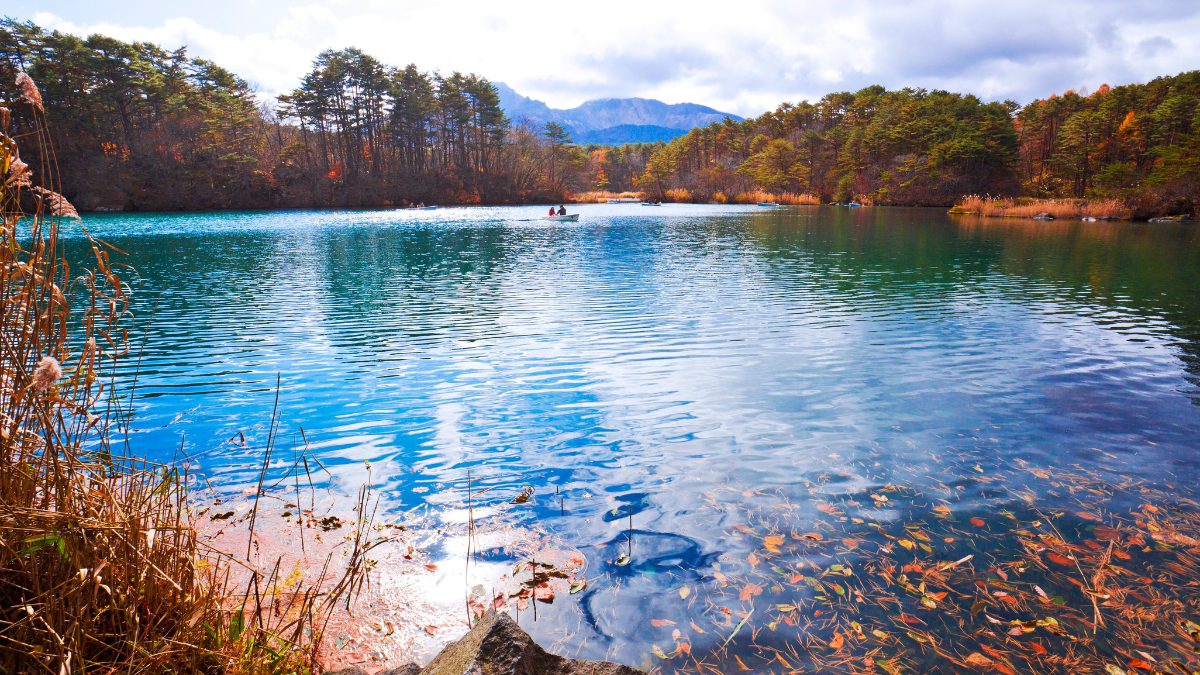After the 2011 Tohoku earthquake and tsunami destroyed the Fukushima Daiichi Nuclear Power Plant in Okuma, the radiation released from the accident caused a lot of casualties in the country. Considered a disaster as severe as the Chornobyl explosion, it also left the water in Fukushima radioactive. Once the water came into contact with the fuel rods at the reactor, it was contaminated. About 1.3 million tonnes of water were then distilled. After decades of treatment, Japan is now in the process of releasing the water. This venture will be carried out by Tokyo Electric Power Company (Tepco).
Fukushima Water Will Be Pumped Into The Ocean
Tepco has been sifting the polluted water to pull out isotopes, leaving only the radioactive hydrogen isotope tritium, which is complicated to disperse from water. Before pumping the water from the coastal site into the ocean, Tepco will weaken it until the tritium levels are below acceptable boundaries. Tritium-containing water is regularly discharged from nuclear power manufacturers all over the globe, and regulatory administrations aid in handling the Fukushima water in this method.
As a result of its insufficient power emission to infiltrate human skin, tritium is considered moderately safe. However, a 2014 Scientific American article stated that when consumed, it can increase the risk of developing cancer. Along with the intentional decommissioning of the factory, the water dumping procedure, which pertains to a constant filtration and dilution procedure, will take decades to finish off.
Also Read: Aizawl Is India’s First & Only City With A No Honking Policy; Here’s All About It!
The Plan Is Facing Backlash From Various Communities
To prevent any damage to the quality of the produce from the area, Tepco has been communicating with the fishing communities and different stakeholders. They have also been facilitating farming, fishing, and forest products in shops and restaurants.
The government has been exhorted frequently not to discharge the water from the fishing unions in Fukushima. They assert doing so would sabotage actions to reestablish the harm done to their fisheries’ reputations. Concern has also been conveyed by neighbouring nations. China has criticised Japan’s plan as reckless, undesirable, and unilateral with the loudest voice.
This is a major venture that will soon be carried out by the power company.
Cover Image Courtesy: Canva

